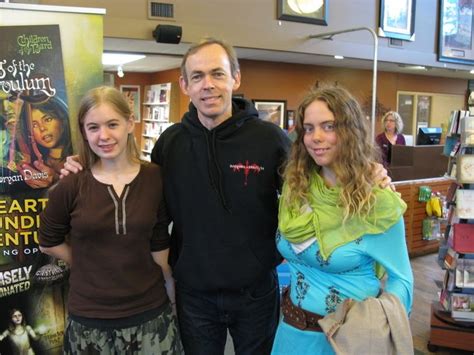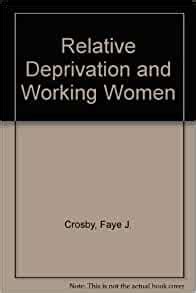A Quote by Ellen Kushner
Current cant equates fantasy with escapism, and current fashion would have it that fantasy is both easy to read and to write. It isn't. When it is done honestly, by a skillful writer, fantasy takes us far enough beyond our daily perceptions to open us to the essential realities beneath it. This is the true goal of all art.
Related Quotes
If you are going to write, say, fantasy - stop reading fantasy. You've already read too much. Read other things; read westerns, read history, read anything that seems interesting, because if you only read fantasy and then you start to write fantasy, all you're going to do is recycle the same old stuff and move it around a bit.
I really wish that peoplewould just say, 'Yes, it's a comic. Yes, this is fantasy. Yes, this is Science Fiction,' and defend the genre instead of saying, 'Horror is a bit passe so this is Dark Fantasy,' and that' s playing someone else's game. So that's why I say I'm a fantasy writer and to hell with 'It doesn't read like what I think of as a fantasy'. In that case what you think of as a fantasy is not a fantasy. Or there is more to it than you think.
It is easy to imagine fantasy as physical and myth as real. We do it almost every moment. We do this as we dream, as we think, and as we cope with the world about us. But these worlds of fantasy that we form into the solid things around us are the source of our discontent. They inspire our search to find ourselves.
Fantasy is escapism, but wait... Why is this wrong? What are you escaping from, and where are you escaping to? Is the story opening windows or slamming doors? The British author G.K. Chesterton summarized the role of fantasy very well. He said its purpose was to take the everyday, commonplace world and lift it up and turn it around and show it to us from a different perspective, so that once again we see it for the first time and realize how marvelous it is. Fantasy - the ability to envisage the world in many different ways - is one of the skills that make us human.
Fantasy stories open our eyes to an unseen world and train our minds to see beyond the visible. In the New Testament context, this is where our real battles are fought. Good fantasy will reveal the hidden powers of evil that threaten the hero's life and upset his journey. Good fantasy focuses on how a hero finds victory when he learns that he can't win by himself, so he submits to the higher power in faith and obedience.
I'm a fantasy writer, called a fantasy writer. But there's very little, apart from one or two basic concepts in 'I Shall Wear Midnight,' which are in fact fantasy. You have sticks that fly, but they're practical broomsticks, with a bloody great strap that you can hold on to so you don't fall off. And you try not to use them too often.
The traditional American husband and father had the responsibilities-and the privileges-of playing the role of primary provider. Sharing that role is not easy. To yield exclusive access to the role is to surrender some of the potential for fulfilling the hero fantasy-a fantasy that appeals to us all. The loss is far from trivial.


































